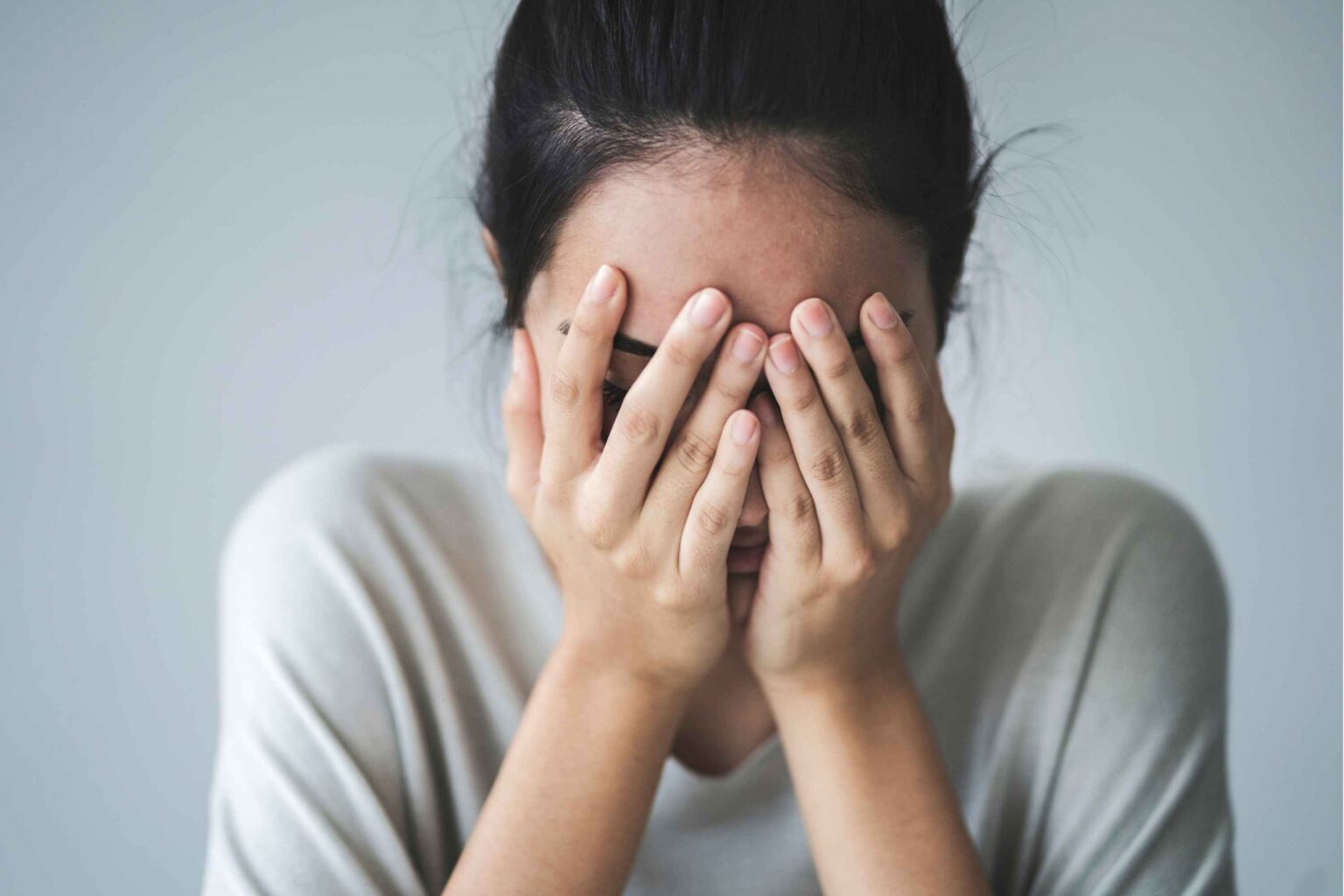Anxiety is a normal part of life. It’s a natural response to stress or perceived danger. However, when anxiety becomes persistent, overwhelming, or interferes with daily activities, it can develop into a mental health disorder. Understanding anxiety—its causes, symptoms, and how to manage it—is essential to maintaining emotional well-being.
In this article, we’ll explore what anxiety is, the types and causes of anxiety disorders, how to recognize the signs, and proven strategies for coping effectively.
What Is Anxiety?
Anxiety is the body’s response to stress or fear. It triggers a fight-or-flight response that prepares us to deal with perceived threats. While occasional anxiety is normal, chronic or severe anxiety can indicate a deeper issue.
When Does Anxiety Become a Disorder?
An anxiety disorder is diagnosed when:
- Anxiety is excessive or irrational
- It lasts for six months or more
- It affects daily functioning and quality of life
Types of Anxiety Disorders
There are several specific forms of anxiety disorders. Each has unique symptoms and triggers.
1. Generalized Anxiety Disorder (GAD)
Characterized by chronic worry and tension, even when there’s little or no reason to worry.
2. Panic Disorder
Involves sudden and repeated attacks of intense fear (panic attacks) that peak within minutes.
3. Social Anxiety Disorder
Extreme fear of social situations, especially those involving judgment or scrutiny.
4. Specific Phobias
Irrational fear of a specific object or situation, such as heights, flying, or spiders.
5. Obsessive-Compulsive Disorder (OCD)
Unwanted, recurring thoughts (obsessions) and repetitive behaviors (compulsions).
6. Post-Traumatic Stress Disorder (PTSD)
Triggered by a traumatic event, causing flashbacks, nightmares, and severe anxiety.
Common Symptoms of Anxiety
Anxiety can manifest in physical, emotional, and cognitive ways.
Physical Symptoms:
- Rapid heartbeat or palpitations
- Shortness of breath
- Muscle tension
- Sweating or chills
- Stomach discomfort or nausea
- Dizziness or lightheadedness
Emotional and Cognitive Symptoms:
- Constant worry or fear
- Irritability or restlessness
- Trouble concentrating
- Feeling overwhelmed or “on edge”
- Sleep disturbances
Note: These symptoms vary in intensity and duration from person to person.
Causes and Risk Factors
Anxiety disorders can be caused by a combination of biological, psychological, and environmental factors.
1. Genetics
A family history of anxiety or other mental health conditions can increase risk.
2. Brain Chemistry
Imbalances in neurotransmitters like serotonin and norepinephrine can contribute to anxiety.
3. Personality
People with certain personality traits (e.g., perfectionists, highly sensitive) are more prone to anxiety.
4. Life Events
Trauma, abuse, job loss, or major life changes can trigger or worsen anxiety.
5. Substance Use
Alcohol, caffeine, and drug use—or withdrawal—can cause or increase anxiety symptoms.
Diagnosing Anxiety
A mental health professional uses tools such as clinical interviews, questionnaires, and medical history to diagnose anxiety. They may rule out physical health conditions (e.g., thyroid disorders) that mimic anxiety symptoms.
Effective Coping Strategies for Anxiety
Managing anxiety often involves a mix of techniques. While not all strategies work for everyone, the following are widely used and supported by research.
1. Cognitive Behavioral Therapy (CBT)
A structured form of therapy that helps identify and change negative thought patterns and behaviors.
2. Medication
Doctors may prescribe:
- SSRIs (Selective Serotonin Reuptake Inhibitors)
- Benzodiazepines (for short-term use)
- Beta-blockers (for physical symptoms like rapid heartbeat)
3. Mindfulness and Meditation
These practices help ground you in the present moment, reduce racing thoughts, and calm the nervous system.
4. Deep Breathing and Relaxation Techniques
Techniques such as box breathing, progressive muscle relaxation, or guided imagery can reduce physical symptoms of anxiety.
5. Lifestyle Changes
- Regular exercise (e.g., walking, yoga, or swimming)
- Balanced diet and hydration
- Adequate sleep (7–9 hours per night)
- Reducing caffeine and alcohol intake
- Limiting screen time and social media use
6. Support Systems
Talking to trusted friends, family, or joining a support group can make anxiety easier to manage.
When to Seek Professional Help
You should seek help from a mental health professional if:
- Anxiety interferes with work, school, or relationships
- You experience panic attacks or physical symptoms
- You feel unable to control your worry or fear
- You have thoughts of self-harm or hopelessness
- Coping strategies don’t improve your symptoms over time
Breaking the Stigma Around Anxiety
Many people avoid seeking help due to shame or fear of judgment. It’s important to remember that anxiety disorders are medical conditions, not signs of weakness. Mental health deserves the same care and attention as physical health.
Conclusion
Anxiety is real, common, and treatable. By understanding its causes, recognizing the symptoms, and applying effective coping strategies, individuals can take back control of their lives. Whether you manage anxiety on your own or with the help of a professional, know that recovery is possible, and support is always available.
FAQs
1. Can anxiety be cured permanently?
While anxiety may not disappear entirely, many people successfully manage it through therapy, medication, and lifestyle changes.
2. Are anxiety and panic attacks the same?
No. Panic attacks are sudden, intense episodes of fear, while anxiety is more persistent and gradual.
3. Can food or drink affect anxiety?
Yes. High caffeine and sugar intake can trigger or worsen anxiety symptoms in some individuals.
4. How long does anxiety treatment take to work?
It varies. Some see improvements within weeks, while others may take longer depending on severity and treatment type.
5. Is anxiety a sign of weakness?
Not at all. Anxiety is a legitimate mental health condition and can affect anyone, regardless of strength or background.

